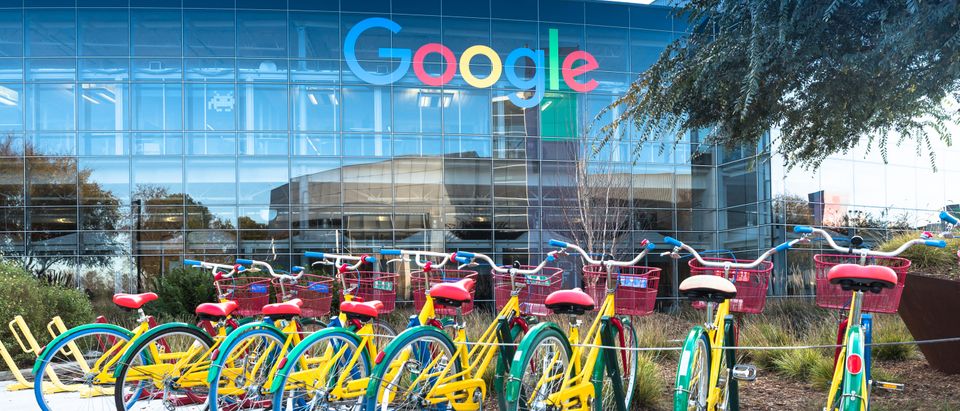Rarely does a day go by without groups decrying economic disparity in America. The rich are too rich, and America’s most successful businesses are too big.
And as you can expect, these groups oppose free-markets seeing heavy-handed government engagement as our only savior. Apparently, these groups have forgotten that it is America’s exceptionalism that led us to become the greatest country on earth.
When it comes to America’s tech businesses, their complaints are the same: Apple is too powerful, Google too large, and Amazon too ubiquitous. Utah Sen. Orrin Hatch called these attacks “hipster antitrust.”
To the hipster antitrust movement, success is a four-letter word.
This anti-business movement reminds me of Ayn Rand’s book Anthem. Here, Rand created a world where the government ensured total parity among citizens. If someone was becoming too tall, their legs were shackled.
For years I thought this book absurd. I thought that this hyperbole could only be that. But to my dismay, Anthem is more prophetic than I first thought.
Today, shackling American businesses is most definitely in vogue — cleverly marketed as “big is bad” when really what they mean is “success is shameful.” And nowhere is the effort to shackle exceptionalism more obvious than the attacks on successful technology businesses.
The hipster antitrust movement regularly calls on the government to breakup successful tech businesses. This is the latest rallying and fundraising cry of several in academia and special interests. To them, America’s most successful businesses should be broken apart and sold for pieces.
These anti-business advocates are extending their underlying belief that in America anyone can make it so long as they don’t make too much. They advocate that success is something the government should excessively regulate or outright prohibit.
Recently I was on the radio defending Amazon against calls of “antitrust.” Opposing me were two “expert” academics from Columbia University. But surprisingly, neither could explain why Amazon was a monopoly when it is still only the third largest retailer and a third the size of Walmart. And when I suggested that any antitrust activity be based in objective facts and standards, I was accused of suggesting an approach to “do nothing.”
This month, hipster antitrust advocates called on the Supreme Court to essentially declare Apple’s App Store an illegal monopoly. These groups claim that Spotify is harming artists and listeners by creating a recording label. And they even complain that there is a monopoly on body-worn cameras.
Like the adage that every problem looks like a nail — if all you have is a hammer, to hipster antitrust advocates, business growth looks like a monopoly that demands the hammer of antitrust enforcement.
For academics, the purpose for their antitrust activities is just that, academic. It makes for more interesting white papers. But for any business whose model has been disrupted by technology, the antitrust cry is much more insidious. It has often come from legacy businesses like Hollywood and old newspapers who’ve seen tech-fueled competition threaten their prior oligopoly.
Fortunately, the rest of America is not buying what these advocates and academics are saying. Zogby polling shows that just 5 percent of Americans think regulators should focus anti-competitive enforcement on tech. And less than 16 percent of Americans think online services like Apple, Google, Facebook, and Amazon couldn’t be replaced if a better competitor came along.
To Americans, the anti-tech drum-beat is hollow.
In fact, the bigger the tech-platform, the better it is for small businesses. Online platforms with a large number of users can expose otherwise hidden stores to thousands of potential customers. And polling shows that a majority of Americans use online platforms to discover a small business they had not previously known.
Artists can find customers on Etsy. Repairmen can find customers on Thumbtack. And home-owners can find extra revenue with Airbnb. And the bigger these platforms get, the better it is for small businesses seeking customers.
These large platforms are the key to small business success.
We shouldn’t let anti-business advocates cripple America’s free-market economy. America can and should remain the land of not just opportunity, but exceptionalism.
Carl Szabo (@CarlSzabo) is general counsel for NetChoice, a trade association of online consumers and eCommerce businesses including Google and Facebook. Szabo is also an adjunct professor of privacy law at the George Mason University Antonin Scalia Law School.
The views and opinions expressed in this commentary are those of the author and do not reflect the official position of The Daily Caller.


